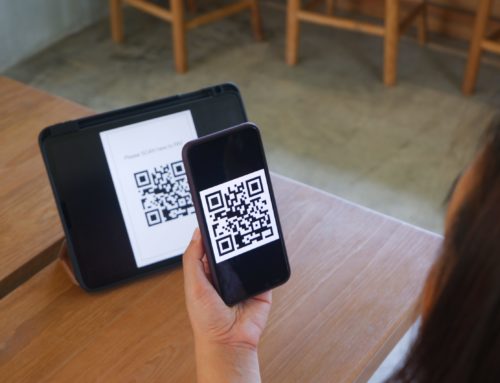U.S. nonprofits might think they don’t have to worry about spam and privacy legislation elsewhere, but that’s not true.
The reality is that if you are communicating online (and who isn’t?) you should really stay abreast of how the rules in other countries, like Canada and the European Union, are changing best practices everywhere. It may not happen immediately, but odds are extremely high that the software providers you use will eventually expect you to comply with these rules, and will hopefully make it easy for you to do so.
In general, we are talking about:
- how people opt-in to your email communication
- how you get permission to use cookies on your website for remarketing
- how you store data about people
So where to begin?
I recommend getting a basic understanding of what GDPR (General Data Protection Regulation) is.
You’ll find a ton of information online, but here are just three articles that I think do a good job of addressing the impacts for U.S. nonprofits and the next steps you should start discussing and taking. Read these and you’ll be pretty much up to speed.
What Does GDPR Mean for U.S.-Based Nonprofits? (Forbes)
Privacy, Ownership, and Consent: Diving Deeper in GDPR (Firefly Partners)
GDPR for US Nonprofits (Whole Whale)
I’ll talk more about next steps related to email specifically during our new webinar on September 20, Beyond Opens and Clicks: Maintaining a Healthy Email List and Re-engaging Your Community.






